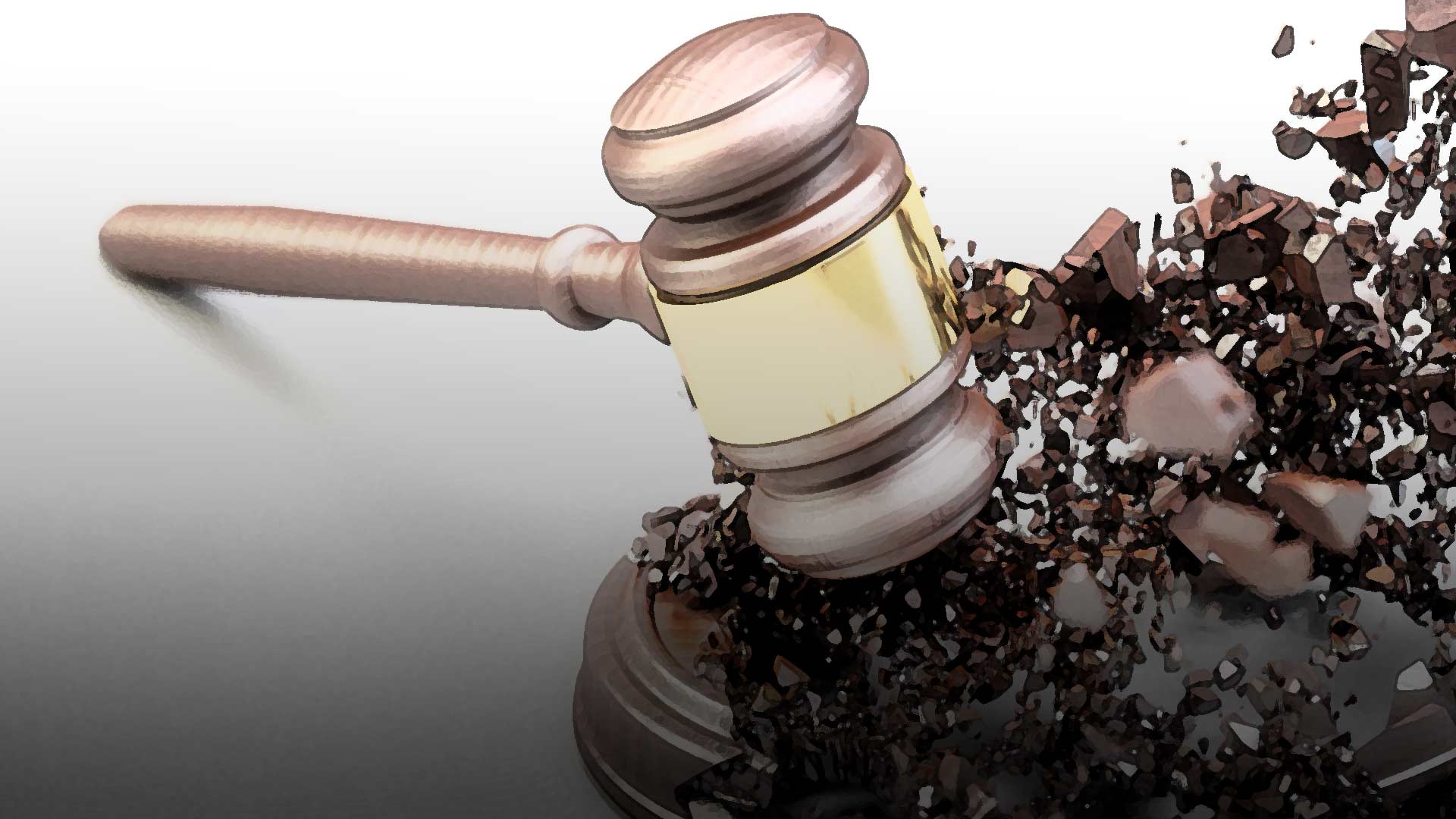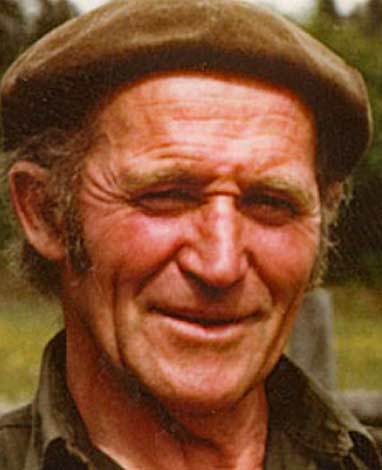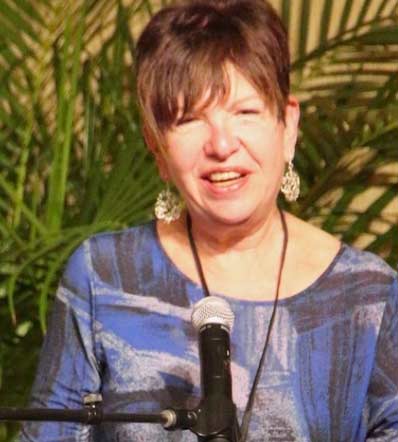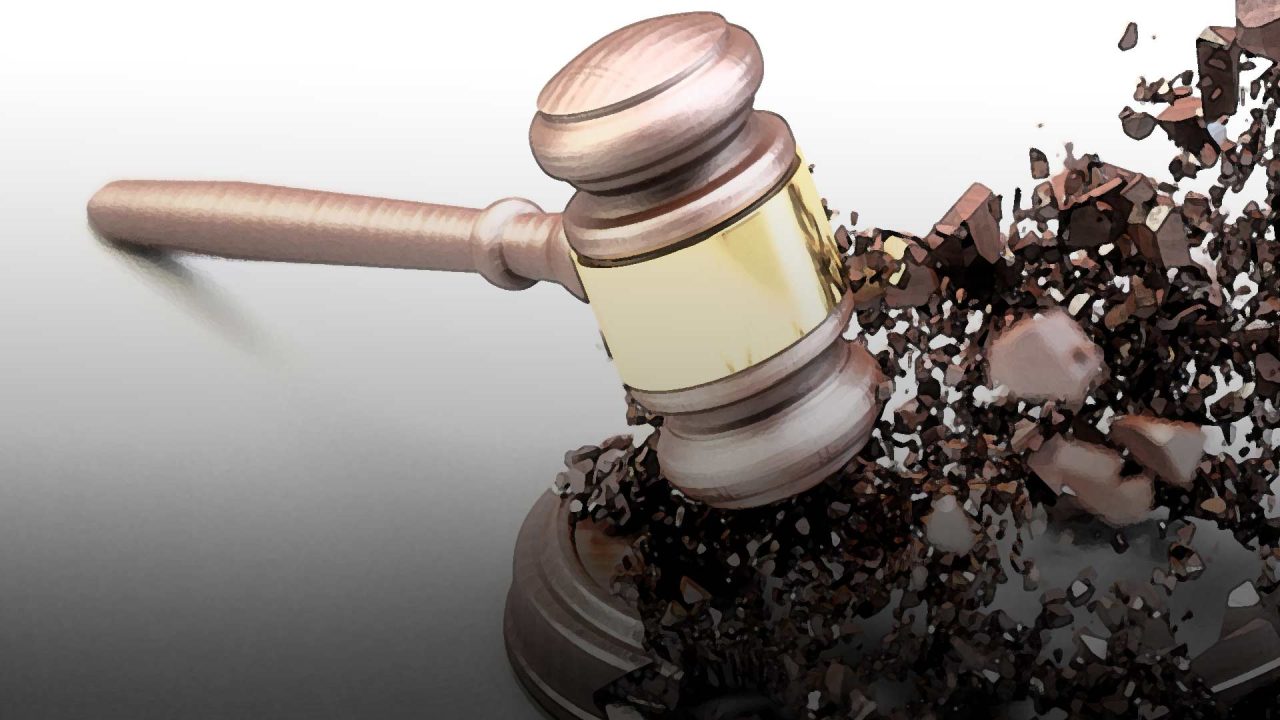
Article 1, Section 8 of the Alaska Constitution states: “The power of grand juries to investigate and make recommendations concerning the public welfare or safety shall never be suspended.”
Most Alaskans would never believe that our judicial system could be compromised by corruption without the public noticing. Or believe a Watergate-sized scandal criminally implicating numerous high-level Alaskan officials is currently unfolding under their noses. But it is.

In 1955 and 1956, 55 very smart delegates met to write Alaska’s Constitution. My favorite was Yule Kilcher, grandfather to singer Jewel and patriarch to a large family in Homer. The delegates agreed that a state grand jury, in its investigatory role and made up of normal ordinary citizens, was the only effective means for the public to conduct independent oversight of Alaska’s officials and agencies. Delegate discussion included the following, as reported in the 1987 Alaska Judicial Council report, “The Investigative Grand Jury in Alaska.”
“The power of grand juries to inquire into the willful misconduct in office of public officers, and to find indictments in connection therewith, shall never be suspended. The grand jury is preserved, for all purposes, particularly for investigation of public officials. The grand jury can be appealed to directly, which is an invaluable right to the citizen.”
Alaska’s legislature backed up the delates with these statutes:
Alaska Statute 12.40.030: “Duty of inquiry into crimes and general powers. The grand jury shall inquire into all crimes committed or triable within the jurisdiction of the court and present them to the court. The grand jury shall have the power to investigate and make recommendations concerning the public welfare or safety.”
Alaska Statute 12.40.040: “Juror to disclose knowledge of crime .If an individual grand juror knows or has reason to believe that a crime has been committed that is triable by the court, the juror shall disclose it to the other jurors, who shall investigate it.”
Alaska’s Supreme Court further supported this with the Alaska Grand Jury Handbook (Original Handbook, Pages 5-7):
“Charges of crime may be brought to your attention in several ways … (3) from you own personal knowledge, or from matters properly brought to your personal attention, (4) by private citizens heard by the Grand Jury in formal session, with the Grand Jury’s consent… a citizen is at liberty to apply to the Grand Jury for permission to appear before it in order to suggest or urge that a certain situation be investigated by it … the Grand Jury has the additional important duty of making investigations on its own initiative, which it can thereafter report to the court. Thus, a Grand Jury may investigate how officials are conducting their public trust, and make investigations as to the proper conduct of public institutions, such as prisons and courts of justice. This gives it the power to inspect such institutions, and if desired, to call before them those in charge of their operations, and other persons who can testify in that regard. If, as a result of such an investigation, the Grand Jury finds that an improper condition exists, it may recommend a remedy.”

Forty years later, however, rumors of serious corruption within Alaska’s government surfaced. By 2018, direct evidence surfaced that Marla Greenstein, Alaska’s only judge investigator since 1989, was falsifying official investigations to cover up for corrupt judges.
A grand juror by the name of Ray Southwell obtained the evidence implicating Ms. Greenstein, evidence implicating District Attorney Scott Leaders in felony crime, and evidence implicating numerous other officials and entities in a large cover up.
However, when Mr. Southwell tried to disclose his knowledge and evidence to his fellow grand jurors (see AS 12.40.040 above) he was stopped by DA Leaders, current Deputy Attorney General John Skidmore, and current Kenai Superior Court Judge Jennifer Wells. (See Southwell affidavit).
Over the next several years at least four other grand jurors with the same evidence were stopped, and their evidence taken before it could be given to their fellow grand jurors and investigated.
Deputy AG Skidmore and Judge Wells continued to be directly involved in stopping these grand jurors. In conjunction with stopping grand jurors from investigating, the Department of Law and the Court System went to extraordinary lengths to prevent citizens from giving the grand jury evidence and requests that it be investigated. (see the Letter/petition, Second stack of letter/petition signatures, Proof of receipt, and Evidence the letter/petition is not being provided to the Grand Jury).

On June 29, 2022, a sixth grand jury, by majority vote, voted to investigate the forgoing evidence. Before the grand jury could examine any evidence or swear any witnesses, Judge Wells ordered the grand jury to stop and permanently dismissed the grand jury from all further duty.
Yet there are other facts just as disturbing.
It was found that the original Alaska Grand Jury Handbook has been re-written to remove all the verbiage above – leaving both citizens and grand jurors in the dark as to their actual rights to investigate public officials. Click here to see how the 2019 Grand Jury Handbook differs from the original, above.
In unanimously passing a resolution earlier this year, protesting the unconstitutional suspension of grand jury investigations, the Kenai Peninsula Borough Assembly found that grand jury investigations in Alaska were common up until the early 1990’s, then they stopped – indicating the unconstitutional suspension has been going on for about 30 years.
Thirty years of no independent citizen oversight of ANY Alaskan official or agency could breed corruption on a massive scale.
Is this why “self-policing” Alaskan officials are willing to violate our constitution, and commit felony crimes, to prevent a grand jury investigation into their conduct?
Here’s what a New York City independent investigation into “self-policing” officials and agencies found:
New York City’s 1994 Mollen Commission Report: “To cover up their corruption, officers created even more: they falsified official reports and perjured themselves to conceal their misdeeds. In the face of this problem, the department allowed its systems for fighting corruption virtually to collapse. It had become more concerned about the bad publicity that corruption disclosures generate than the devastating consequences of corruption itself. As a result, its corruption controls minimized, ignored and at times concealed corruption rather than rooting it out. Such an institutional reluctance to uncover corruption is not surprising. No institution wants its reputation tainted – especially a department that needs the public’s confidence and partnership to be effective. Since no entity outside the department was responsible for reviewing the department’s success in policing itself, years of self-protection continued unabated until this Commission commenced its independent inquiries.”
TAKING ACTION
— To learn more about this issue, visit www.alaskagrandjuryrights.com.
— To contact David Haeg directly, email him at haeg@alaska.net or call (907) 398-6403.








17 Comments
Judge Morse and Bill Walkers tandem theft of the PFD strikes me of the high low lights of these Judges have ran roughshod here in our state.
Alaska Federal sealed indictments went up 32 today to 473, Those who broke the Constitution by golly are riding shotgun on Durhams cleanup.
They are coming for the DOMINION Cheaters and Nuremburg code violates who coerced the poison evil MRNA Clotshot….Coerced yes you Dunleavy and Zink and dont leave out the most heinous Coercer using. the SON of GODS name yes Jesus would take the. jab Franklin Graham.
thankyou for supporting Mr HAEG !
God bless David Haeg and the Alaska Watchman!
Wonderful article. I’m passing it on to my friends and foes.
Wow. This is perhaps the most incredible article I’ve ever read in my long life. I’ve also served on two Alaska Grand Juries, and I never had a clue on all this. I will be researching all the links and references in this article as well as Alaska’s Constitution.
After complete review of tye references, I’d like to commend Mr. Haeg for his perseverance, and thank Alaska Watchman for publishing his grievance. I hope this goes far and wide in Alaska, and as the Kenai Borough Assembly wrote; “……the assembly supports the need for a mechanism for grand juries to investigate and make recommendations concerning the public welfare or safety pursuant to Article 1, Section 8 of the Constitution of the State of Alaska. The assembly requests the legislature enact legislation that provides an adequate mechanism under state law for the public to trigger independent grand jury investigations…….”
I will be contacting the governor and my legislators.
Maybe it’s time to ask the U.S. Attorney for a federal grand jury investigation.
America’s Constitution, Article 4, Section 4, says the “United States shall guarantee to every state in this union a republican form of government.”
If “republican form of government” means representative democracy with power derived from the consent of the governed, the federal prosecution of state corruption can fulfill this mandate by removing corrupt state officials who use their powers to the detriment of their citizens.
Just to be clear, are we alleging state officials: (a) defrauded the public of its intangible right to fair and honest services of their public officials and, (b) should be prosecuted under 18 U.S.C. § 1341 and 1343… (use of the mail, phone lines, or wireless transmissions in furtherance of any “scheme or artifice to defraud.)”?
Are we alleging a judge, by dismissing the grand jury, committed a Hobbs Act extortion through wrongful use of threatened force or fear, or under color f official right, notwithstanding Rule 6: “A grand jury shall serve until discharged by the presiding judge…”?
If so, David Haeg and Ben Carpenter seem to have the makings of a federal grand jury case.
Problem’ll be what happens when folks who own and operate one-third of Alaska’s government, the judicial branch, figure out someone’s about to tear down their private clubhouse and react accordingly.
Wow!!
I can personally attest to this.
I was stopped by deputy AG Skidmore and Judge Wells after I presented evidence to the Grand Jury. I was the foreperson for February and march 2022. I was told that only cases presented by the District Attorney’s office could be investigated by the Grand Jury.
Within this article is a link to my affidavit from my experiences as a Grand Juror in 2018. In the words of Martin Luther King: “Injustice anywhere is a threat to justice everywhere.”
One only has to look at the DOJ federal prosecution of Senator Ted Stevens to see our federal judiciary is just as bad.
Where is the outrage from Alaskans?
Great job Mr. Haeg, I’m a retired Peace Officer from the State Alaska, and there is indeed corruption!
https://youtu.be/KA9hpHz0kQI
If more evidence of state of Alaska corruption is wanted? I also received outrage from the tyrants inside this government while being a whistle blower employee, who the state retaliated against me and fired me.Check out the news broadcast and more unaccountable insiders will show their true colors!
Bill walker is named in the video
I am not surprised at the corruption just reported by Mr. Haeg in his article. I am surprised and so pleased to see the courage of Alaskans like Mr. Southwell, and the other grand jurors who are trying to bring this out into the spot light along with Mr. Haeg and The Alaska Watchman. From history we know that it only takes a small number of courageous and commited citizens to fix things. It gives me hope for our state and country. God bless all of you.
Excellent article Mr Haeg! Thank you Watchman for bringing this important issue to light.
It is time for fellow Alaskans to step forward with those of us on the frontlines to bring these corrupt officials to justice. These State officials are breaking Alaska Statutes (law) every time they stop jurors from investigating. Jury tampering is a Class C felony and Obstruction of Justice is a Class B felony. Arrest them now!
Wow indeed. I had no clue. Thank all of you for bringing this to the fore. I wonder what enforcement powers, if any, grand juries have…
Thank you for opening some eyes. I hope this will be looked at and made more available to the people. Who rewrote the Grand Jury Handbook?